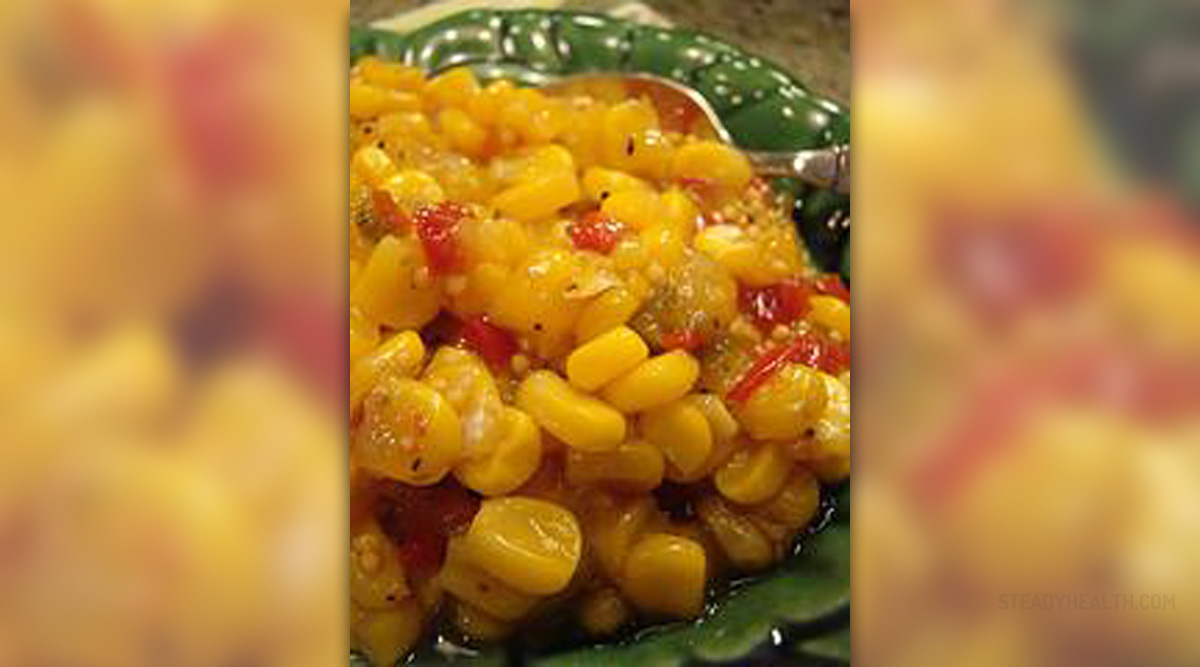
Corn is very important for the American culture. It represents various Native American traditions and is commonly perceived as a symbol of fun, associated with nights at the movies and summer BBQs. Corn in the form of syrup is often added as an ingredient of numerous different types of food items which are commonly consumed on a regular daily basis. Corn is yellow in most cases, but there are also different varieties which can be characterized by colors such as blue, black, pink and red. Corns grow in the so called ears which covered by rows of kernels. Kernels are encased in a husk and protected by very gentle threads which are often referred to as corn silk. Corn is also sometimes referred to by its botanical name which is zea mays. Corn can be purchased during the summer months locally, but it is also available all year round in most well equipped markets. The traditional name for corn is maize, which is still used in numerous regions everywhere around the world.
Health Benefits of Corn
Corn is very delicious and one of the favorite types of food of many people. There are a large number of those people who are not aware of the fact that it is also an excellent source of very important nutrients and that it can provide the human body with numerous different types of health benefits. Corn is jam packed with manganese, phosphorus, vitamin C, dietary fiber, folate, pantothenic acid and vitamin B1. Due to the rich content of dietary fiber and folate, corn may be of great help in lowering the levels of the potentially harmful homocysteine, reducing the risk of heart disease, peripheral vascular disease, stroke and heart attacks. Corn is also highly beneficial in supporting the overall health of the lungs and significantly reducing the risk of the development of lung cancer, due to its abundant amounts of beta-cryptoxanthin. Since corn is very rich in vitamin B1 it can be of great help in enhancing certain enzymatic reactions which are vital for the production of energy inside the human body. It is also very efficient in maintaining the memory and reducing the risk of senility and Alzheimer’s disease. Corn is rich in pantothenic acid so it may come in very handy in proper metabolism of lipids, proteins and carbohydrates. The bottom line is that corn should be an important food item in the daily diet of every human being.



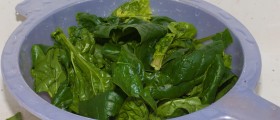

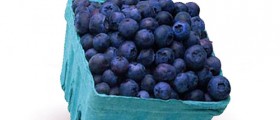


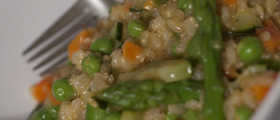




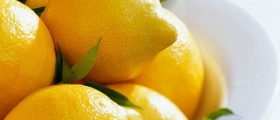
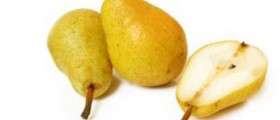
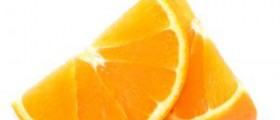

Your thoughts on this
Loading...